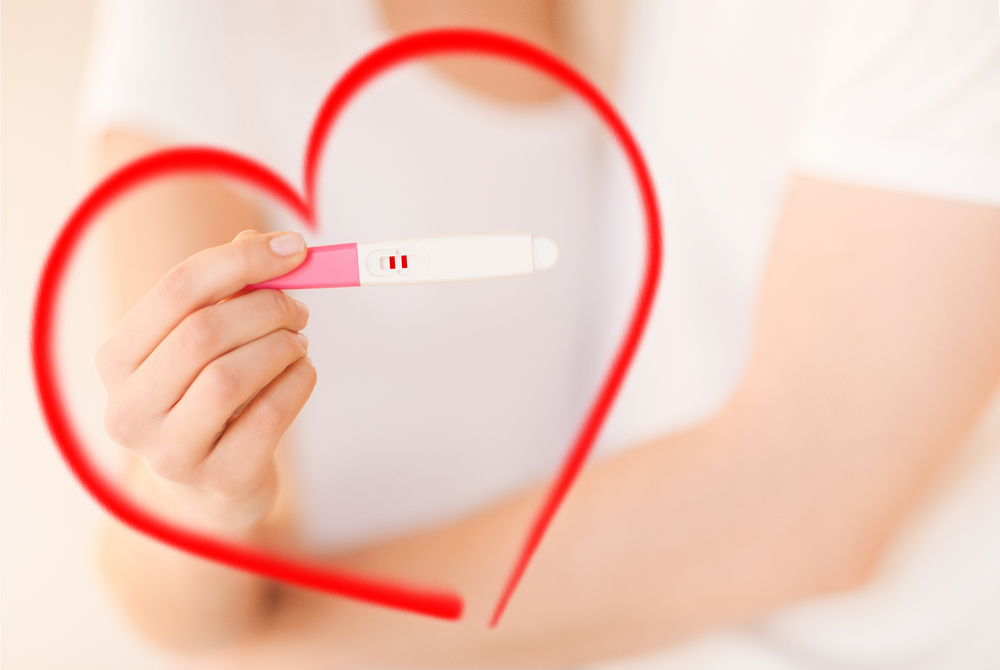Being pregnant can take quite a toll on your body even when you’re in good health—so imagine what it can do to if you’re already struggling to stay in shape. If you’re not ready, the 40-weeks before childbirth can feel like a lot longer, while also possibly putting your baby’s health at risk too.
In most cases, you’ll have the opportunity to make adjustments to allow for an ideal pregnancy ahead of time, but here are 6 of the best ways to optimize your health before welcoming a baby…
Review Your Medications
If you’re on medications for any reason, you should review them with your doctor ahead of time to determine if they’re safe to take during pregnancy. In some cases, the doctor can lower the dosage to safer levels if it’s a medication you really benefit from.
According to an article from Parents, it’s best to avoid any over-the-counter remedies for common ailments early in your pregnancy unless you speak with your doctor first. There are also some prescription drugs that can be harmful to you or your baby during pregnancy, including seizure medications, certain antibiotics, and medications for anxiety.
Start Prenatal Vitamins
While there are some pills you should avoid during pregnancy, some others can benefit your health and help get your body ready. Prenatal vitamins are beneficial will ensure your body is getting key nutrients, notes the Mayo Clinic.
Prenatal vitamins can deliver some elements that aren’t found in multivitamins, such as folic acid and higher concentrations of iron. The Clinic says that folic acid is helpful in preventing brain and spinal cord defects in your developing baby, while iron encourages proper fetal development and prevents anemia, which can make you feel weak from lack of healthy red blood cells.
Hydrate Often
Parents magazine recommends getting into the habit of drinking 8 or more glasses of water (or milk) a day to be properly hydrated at all times. Not only do fluids help you get pregnant by promoting regular body functions, they are also essential once you conceive. Water is also important for uterus and cervical health.
BabyCenter explains that your body’s need for water increases during pregnancy, and that it’s also a key component of breast milk to properly feed your infant. BabyCenter says you can drink up to 12-glasses of water per day, and even more if you’re doing light exercise like walking, or it’s hot outside.
Reduce Fatty Food Intake
This can be a tough one for some moms, as most things we enjoy eating contain some form of unhealthy fats, so make sure you look at labels. If needed, it is best to lose weight before becoming pregnant. The average expecting mom can expect to gain up to 35-pounds before giving birth.
While breastfeeding will help you lose some of that excess fat after junior arrives, you can also speed up the process by introducing more fruits and vegetables into your diet. Snacks like cookies and chocolate bars add excess glucose to your blood, which your body will store as fat for later. Controlling glucose levels during pregnancy can also help you manage gestational diabetes, which is fairly common and caused by pregnancy hormones blocking insulin.
Stop Smoking Gradually
Another “easier said than done” feat, smoking, should be eliminated completely at least a month before conception, notes BabyCenter. Nicotine constricts your blood vessels, including the ones that carry essential nutrients to the fetus during gestation.
The advice from BabyCentre advises against using nicotine withdrawal aids (i.e., like patches and gum) long before deciding to get pregnant. You may need the assitance of a doctor to help safely wean you off cigarettes, which can be as addictive as heroin.
Get Vaccinated
You may be at higher risk for some diseases than others (a blood screening can help determine this). Getting shots before pregnancy not only help protect you, but perhaps more importantly can protect your baby that won’t have the same immune function as you.
The Centers for Disease Control and Prevention (CDC) recommends getting vaccinated for common illnesses such as measles, mumps and rubella a month before getting pregnant if you have found to not be immune. Before or during pregnancy you can also consider vaccines for the common flu, as well as getting protected against whooping cough during pregnancy. This particular cough can be fatal for newborns.









